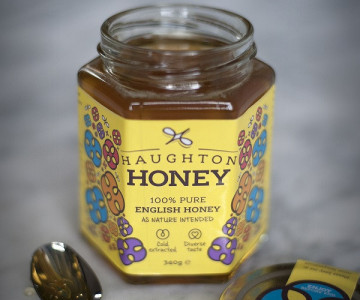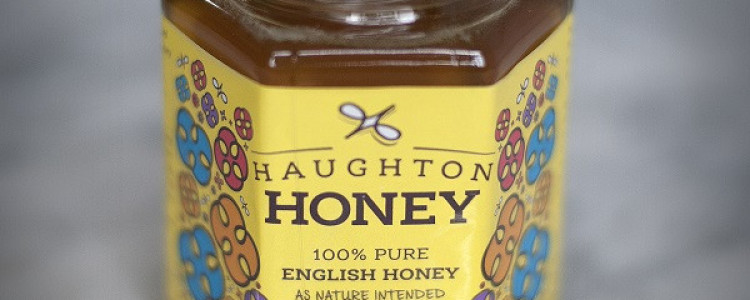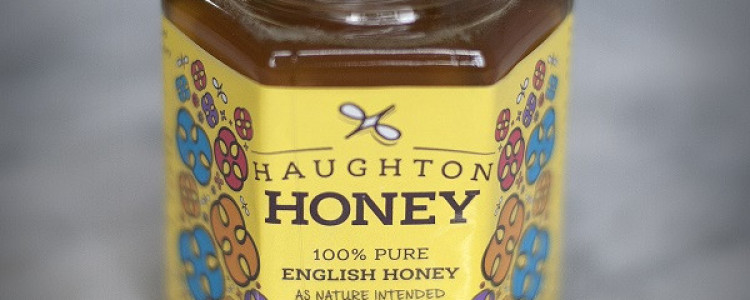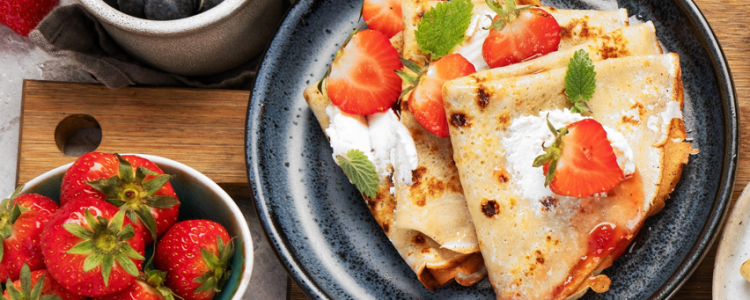
The Buzz About Honey Bee Day!
It’s Honey Bee Day on 19th August over in the US and to mark
the occasion and show solidarity with bees around the world, we’re going to
dedicate this blog post to all things bee. After all, bees are important to
life; no matter which side of the Atlantic you’re on!
Read on to find out more about why bees are key to farming, how declining bee populations could have catastrophic effects and where you can buy your own luxury honey locally.
Homage to the Hive
There aren’t many insects that contribute £650 million to the British economy. In fact, researchers at the University of Reading found that bee pollination account for £150 million more to the economy than the Royal Family bring in through tourism!
You might be left wondering how bees are so vital: it mostly comes down to pollination. More than a third of all food made in the UK is dependent on pollination from bees, they help pollinate an incredible 70 different types of British crop. However, that’s not to forget that they make an important product themselves: honey. Bees across the country make over 6,000 tonnes of honey, with each colony of 50,000 bees each making 14Kg.
Are Bees Really Buzzing Off?
You might have heard stories in the news about declining bee populations and after learning about how much the farming sector relies on them, you can understand why this is such a serious problem.
The key factor in declining honey bee populations is thought to be the use of insecticides, more specifically: neonicotinoids. After exposure to these insecticides, queen bees are 26% less likely to lay eggs. This means fewer colonies will be started by queen bees, which in turn means fewer bees, more unfertilised crops and less produce.
There is good news amongst all of this though: neonicotinoids are now temporarily banned across Europe, whilst scientists investigate the issue.
Honey, I’m Home!
There’s nothing like coming home to the floral, fruity taste of fresh honey. You can find Haughton’s Runny Honey as part of our Best of Local range. It’s collected from Cheshire bees and it’s cold extracted, so the natural enzymes and proteins that make British honey so unique are protected.




